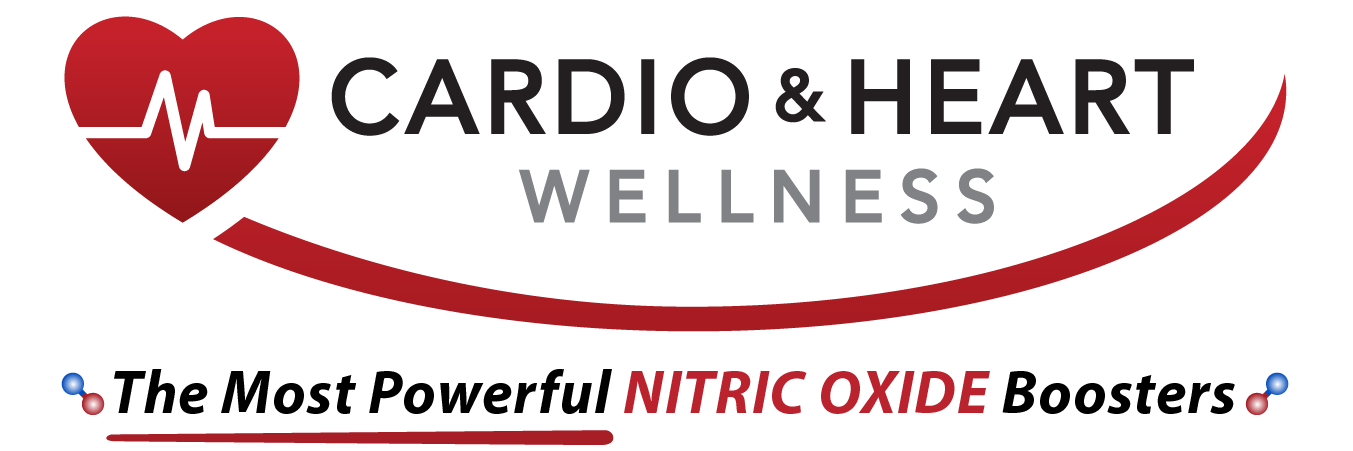Nitric Oxide (NO) is a molecule that plays such an essential role in our bodily functions, it can aptly be described as the ‘molecule of life’. NO aids vascular health and communication between nerve cells while also stimulating the immune system – all resulting in human well-being. Exploring its physiological and clinical relevance to us Emphasizes just how pivotal nitric oxide is for maintaining healthy living.
Key Takeaways
- Nitric Oxide (NO) is a crucial molecule in human physiology, performing key functions in cardiovascular health, neural communication, and the immune system’s defenses.
- Nitric Oxide Synthase (NOS) enzymes, present in three main forms – endothelial (eNOS), inducible (iNOS), and neuronal (nNOS) – are responsible for the production of NO and play distinct roles in various body systems.
- Nitric oxide has notable clinical applications in managing high blood pressure, treating erectile dysfunction, and addressing pulmonary hypertension, and its production can be enhanced with dietary supplements and lifestyle changes.
The Vital Role of Nitric Oxide in the Human Body

Have you ever pondered how Nitric Oxide (NO) functions? It is an essential molecule that brings much to our overall health by participating in various physiological processes. Let’s take a look at its contributions and find out!
Signaling Pathways and Vascular Health
NO plays a role in our body like traffic lights on the road. It is instrumental in controlling signaling pathways related to blood vessel dilation and cardiovascular well-being, maintaining healthy flow for optimal functioning of this system. Thus it helps protect us from diseases such as atherosclerosis or hypertension caused by vasoconstrictor effects or vascular tightness that might arise if NO was absent. By acting continuously to counteract these conditions, it works effectively towards preserving good cardiac health overall.
Communication Between Nerve Cells
The impact of NO is vast, reaching far beyond the realm of vascular health to neurological functioning. Signaling molecules like NO support communication between neurons and promote synaptic release as a type of retrograde neurotransmitter. An inadequate amount can hamper neural connectivity, leading to cognitive decline, while an ample supply helps with neuronal adaptability associated with better brain calculation processes for improved behaviors. A balance must be maintained in order for this beneficial mechanism to work its magic!
Immune System Activation
Nitric oxide (NO) plays a role in our body’s defense systems by activating the immune system, facilitating an inflammatory response to potential threats such as microbes and tumors, and stimulating macrophages/dendritic cells which help defend against said invaders. Thus NO is instrumental in safeguarding our health through its involvement with these immunological pathways.
Nitric Oxide Synthase: The Enzyme Behind NO Production
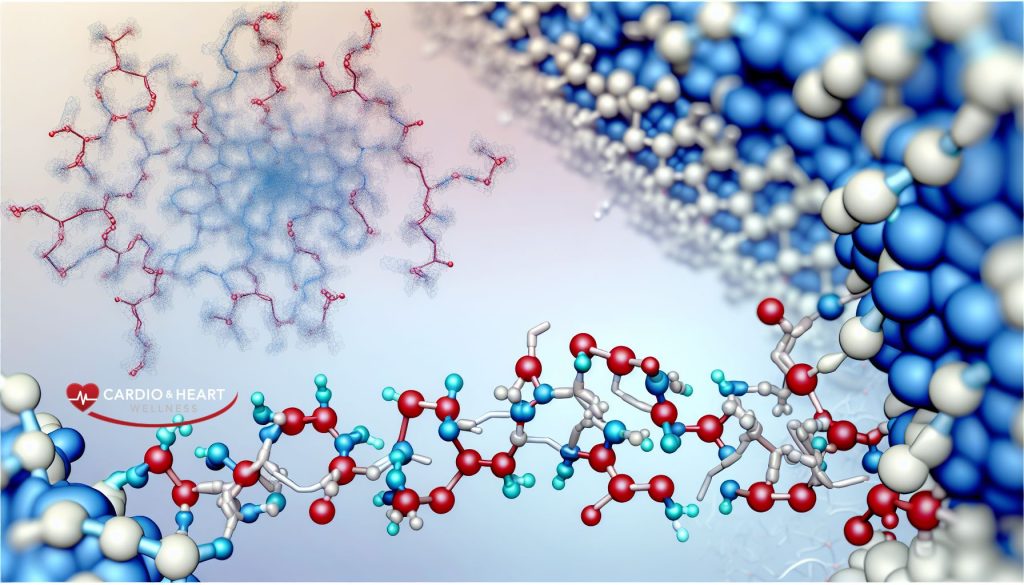
Nitric Oxide (NO) is a vital element to our wellbeing, and its production stems from the enzyme Nitric Oxide Synthase (NOS). NOS exists in three varieties. Endothelial NOS (eNOS), Inducible NOS(iN0S) and Neuronal Nors(nNos). Each of these plays an important role when it comes to different bodily functions.
Endothelial NOS (eNOS) and Cardiovascular Health
Endothelial NOS (eNOS) plays a pivotal role in cardiovascular health and managing blood pressure, primarily by keeping the endothelium in balance, widening vessels, obstructing platelet aggregation as well as impeding leukocyte adhesion and smooth muscle cell proliferation. Unfortunately, this unfortunately happened. With aging comes lowered NO availability resulting to higher levels of vasoconstriction. Initial signs that vascular capacity is compromised. The good news though is that ACE inhibitors can help boost production of NO, allowing beneficial hemodynamic effects on top of improved circulatory performance.
Inducible NOS (iNOS) and Inflammatory Responses
iNOS has a crucial role in our body’s inflammatory reactions, through regulating T cells, macrophages and dendritic cells, mainly by producing NO. Thus it serves as an integral part of the immune system when confronting inflammation. If iNOS production is excessive during late-stage endotoxemia or reperfusion injury following ischemia, then the damage done by reactive oxygen species could be deadly to cardiovascular health, which underlines how essential maintaining balance in iNOS creation really is.
Neuronal NOS (nNOS) and Neural Function
Nerve cells are heavily reliant on Neuronal NOS (nNOS) to transmit information and maintain neural function. This is made possible by the hydroxylation of L-arginine, which produces an intermediate compound called N-hydroxy-L-arginine before eventually generating nitric oxide – a molecule involved in synaptic plasticity, learning memory formation, and vascular regulation. nNOS ultimately helps neurons communicate with one another efficiently in order for proper brain functioning and signaling to occur.
Clinical Applications of Nitric Oxide: From Heart to Whole-Body Wellness
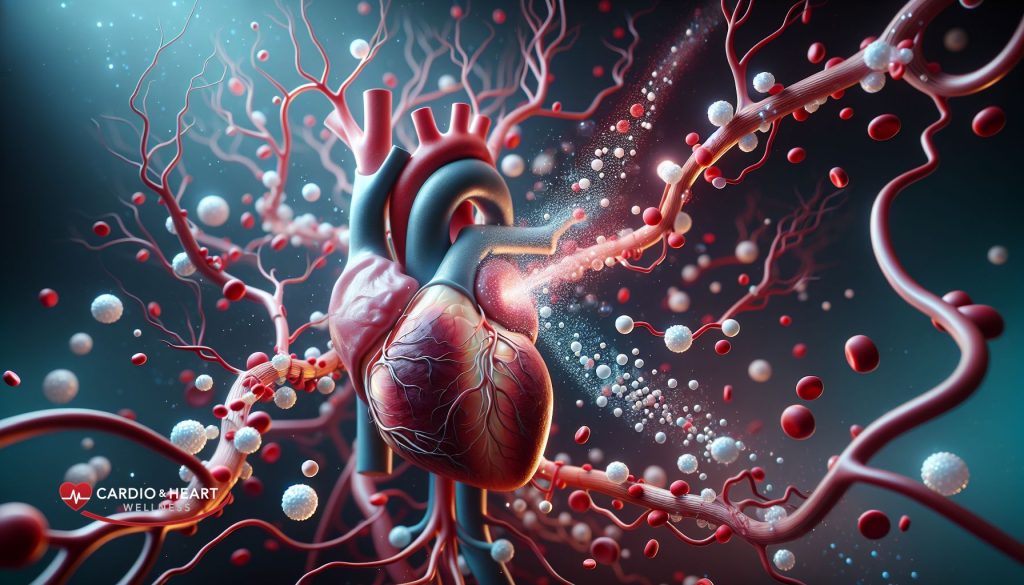
The great significance of NO reaches far beyond the functioning of our bodies. Its properties have even made it useful in certain clinical treatments, such as for managing high blood pressure and treating erectile dysfunction or pulmonary hypertension. This illustrates its overall importance to sustaining good health and well-being. The versatility provided by NO is truly remarkable.
Managing High Blood Pressure
Blood pressure problems are experienced by a huge number of people globally. Astonishingly, NO has been determined to be able to assist in reducing blood pressure levels. As it serves as an artery relaxer, this chemical can regulate the hypertension level through expanding the diameter of vessels that transport blood throughout our body.
Scientific studies have established L-arginine supplements – which promote the creation and release of NO – assists in decreasing high blood pressure during pregnancy. This verifies its strength when managing situations related to excessive arterial stress.
Treating Erectile Dysfunction
Nitric Oxide (NO) plays a crucial role in male sexual health. When sexually stimulated, it relaxes vascular muscles and amplifies the amount of blood circulating to the penis thus contributing to firmer erections. The use of NO supplements have been found effective for increasing blood flow to the member as well.
While taking such supplements, one needs to be aware of potential reactions including nausea, headache or heartbeat irregularities that might arise from their intake.
Advancements in Pulmonary Hypertension
Nitric oxide has been identified as a useful tool in managing pulmonary hypertension, which is high blood pressure that affects the arteries of the lungs and right side of the heart. As an effective vasodilator, it aids by widening constricted blood vessels allowing improved circulation throughout these regions.
Research suggests nitric oxide’s pivotal role when treating this particular form of elevated BP levels with evidence pointing towards its efficacy to revolutionize treatments for those suffering from hypertension in their lungs.
Dietary Supplements for Enhanced Nitric Oxide Production

By consuming dietary supplements like L-arginine, L-citrulline and beetroot, one can augment their ability to generate nitric oxide within the body. These constituents enhance NO creation thus providing a range of health advantages.
L-arginine and L-citrulline: Amino Acids Boosting NO Levels
L-arginine and L-citrulline are essential amino acids that can be used to raise NO levels. The former acts as a direct precursor in the synthesis of this compound, while supplementation with the latter may help increase its concentration. Consequently, respiratory response could get an enhancement from their use and overall exercise performance could be improved as well.
That said, it’s advisable not to start taking any supplement before consulting your healthcare provider first. Especially if you have some health conditions or take medications regularly.
The Power of Beetroot: Nitrate-Rich Vegetables and Their Effects
Vegetables that are rich in nitrate, like beetroot, spinach, kale, chard, bok choy and cabbage, have the power to boost Nitric Oxide production. By eating these vegetables you can increase NO availability naturally. So we must consider including them into our diets for maximizing NO generation!
Nitrates from nature’s gift of beetroots are a source of natural in vivo nitric oxide availability, which directly translates into increased levels of produced Nitric Oxide when consumed on a regular basis. It would be wise to include other types such as dietary sources with high-nitrogen contents found within the leafy green family into your everyday menu plan so as not only get an adequate amount of minerals, but ensure suitable amounts needed for complete physiological functioning.
Antioxidants and NO Production
Nitric oxide levels are enhanced by antioxidants, which enhance the production and accessibility of nitric oxide in the body. Eating antioxidant-filled foods can increase NO levels. Examples include beets, garlic, meat, leafy greens and citrus fruits. L-arginine,L-citrulline as well as polyphenols possess benefits for increasing NO output due to their antioxidative properties that enable eNOS expression activities while also improving availability of this important element!
Addressing Nitric Oxide Deficiency: Strategies for Optimal Levels

Our bodies may at times suffer from a lack of NO, which can have several adverse effects like exhaustion, weakened blood vessels and hypertension. To that, there might be decreased physical ability as well as issues with sexual performance. To counteract this deficiency, it is essential to consider certain steps or solutions.
Lifestyle Changes for Increased NO Production
Regular exercise and dietary changes can help to increase nitric oxide (NO) levels. Exercise leads to increased blood flow which, in turn, boosts NO signaling plus the supply of nutrients thanks to better endothelial function. For a healthier diet that will boost NO production, make sure you include foods with arginine like nuts or seeds as well as fruits & vegetables high in nitrate content alongside antioxidants for good measure!
Understanding and Mitigating the Impact of Aging on NO Levels
Nitric oxide production can be reduced as we age. It is important to find ways to counteract this effect. Regular exercise and a balanced diet with plenty of nitric oxide donors such as beets, garlic, meat, leafy greens or citrus fruits are recommended strategies for mitigating the consequences associated with aging on NO levels. An adequate lifestyle, which also includes managing stress and avoiding excessive drinking alcohol or smoking, could aid in maintaining optimal Nitric Oxide bioavailability by promoting its generation through supplements intake when necessary. Consequently, incorporating these methods would help stimulate increases in nitrogen oxide productions, thus resulting in higher functional potentials of our bodies at any given age.
Risks and Considerations When Taking Nitric Oxide Supplements
When considering taking NO supplements, it is important to be aware of the potential risks and take into account side effects, how they interact with other medications or supplements, as well as consulting a healthcare professional before beginning any new supplement routine. These dietary additions may offer various health benefits too.
Side Effects and Interactions
When taking any dietary supplement, it is wise to check in with a medical professional. NO supplements may come with certain side effects such as digestive issues like stomach discomfort and bloating, headaches, and palpitations of the heart. Feeling queasy or vomiting and low blood pressure leading to tachycardia (rapid heartbeat). It’s important that those currently taking medication for diabetes or their blood pressure consult their healthcare provider before beginning use of these kinds of supplements, because there might be potential interactions between them which could cause harm.
When to Consult a Healthcare Provider
Prior to beginning a new supplement program, it is sensible to seek out advice from your healthcare provider. This is especially necessary if you have pre-existing medical conditions or are taking medications. If you suffer from kidney problems and heart issues like recent myocardial infarction in seniors, speaking with a medical professional prior to trying nitric oxide supplements would be wise for them to individualize their treatments based on their specific health requirements. Consulting about the use of these particular nitric oxide supplements can assist one in avoiding any potential adverse reactions that could occur as well as advise regarding possible dosage levels and contraindications that may exist pertaining to such products specifically.
Measuring the Impact: Research and Reviews on Nitric Oxide Products
To assess the efficacy of nitric oxide (NO) and its supplements, research studies and customer reviews can be used to collect valuable insights. Among NO boosters, Nitric Oxide Plus is renowned for being highly researched and more than 800 times as effective in boosting NO production compared to any other product available today. Heart Wellness & Cardio Wellness are two supplementary products that have been studied showing their ability to improve heart health while improving muscle pump along with blood flow – all while slowing down aging processes. All these results from scientific analysis indicate that using nitric oxide has potential benefits on both cardiovascular & overall wellness issues alike.
Summary
In short, nitric oxide is a major component in many essential biological processes. It has been known to be beneficial for vascular health, nerve cell communication and boosting the immune system among other advantages.
Incorporating nitric oxide into one’s lifestyle through dietary means or supplementation can offer significant rewards when it comes to cardiovascular well-being as well as overall fitness levels. Before initiating any new intake of supplements containing this compound, it’s advisable that you speak with your doctor if taking medication or suffering from particular medical conditions which could interfere with its effects. With careful guidance and smart use of food sources rich in nitrogen monoxide like spinach. An individual can get optimal results from these all natural benefits without compromising their safety.
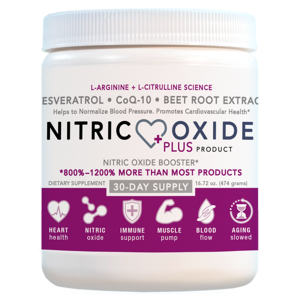
Frequently Asked Questions
Why do humans need nitric oxide?
Nitric oxide is an essential component of human health as it allows for smooth circulation throughout the body by instructing blood vessels to relax and widen. This then helps ensure that vital nutrients, oxygen, and blood are distributed freely.
Why is nitric oxide important in medicine?
Nitric oxide has a significant impact on health as it can reduce blood pressure, improve the circulation of blood and act like a vasodilator. This gas is essential in managing diseases such as angina, heart failure, pulmonary hypertension and erectile dysfunction since it helps to lower one’s high blood pressure levels.
What is the main role of nitric oxide in the body?
Nitric oxide is incredibly important in controlling blood pressure, sending messages between nerve cells and restricting pathogenic organisms. If too much of the compound is present, it may cause neurotoxicity following a stroke as well as hypotension during sepsis that can harm host tissue. It has far reaching implications for many biological processes which must be monitored carefully to ensure healthy functioning bodies.
What is the primary physiologic effect of nitric oxide NO?
Nitric oxide (NO) plays an important role in controlling vascular tone, hemodynamics, and blood pressure. NO causes relaxation of the smooth muscle by activating soluble guanylyl cyclase which Generates cGMP. This mechanism is what helps regulate physiological events like hypertension or hypotension.
What are the clinical applications of Nitric Oxide?
Nitric oxide is useful clinically for handling high blood pressure, addressing pulmonary hypertension and treating erectile dysfunction.
